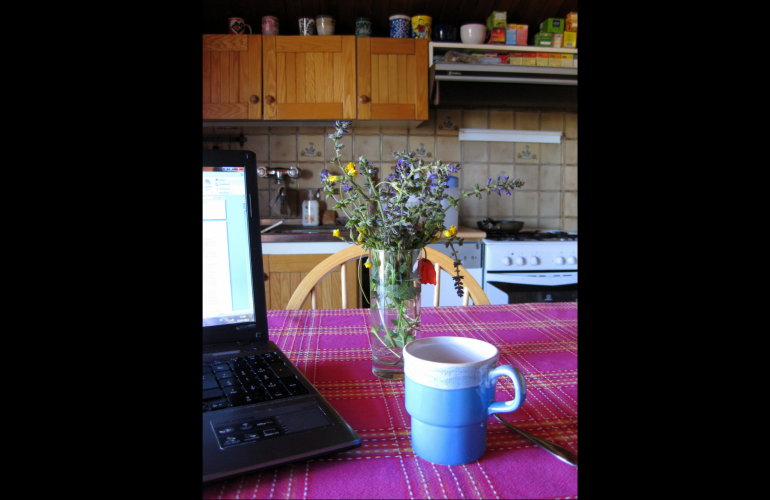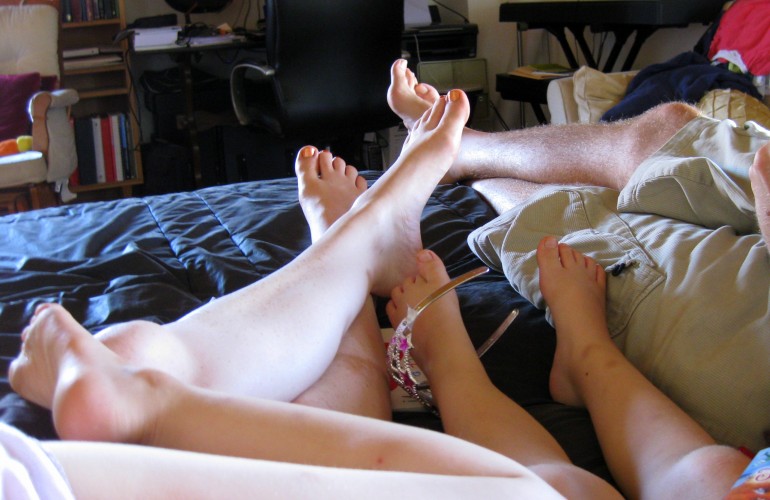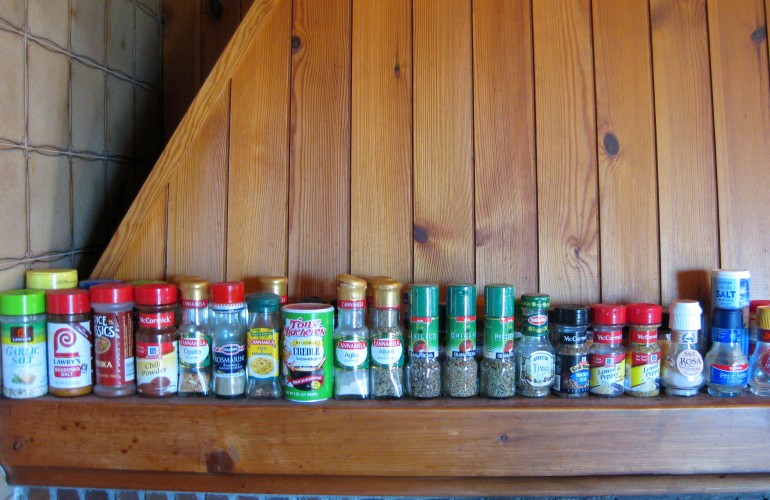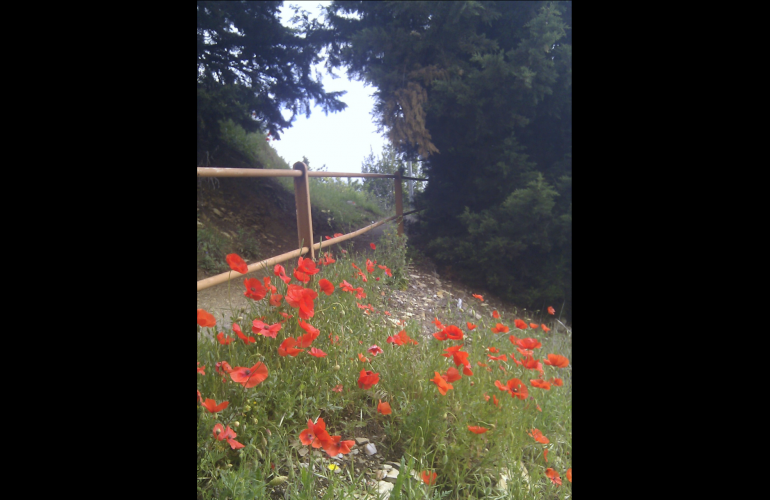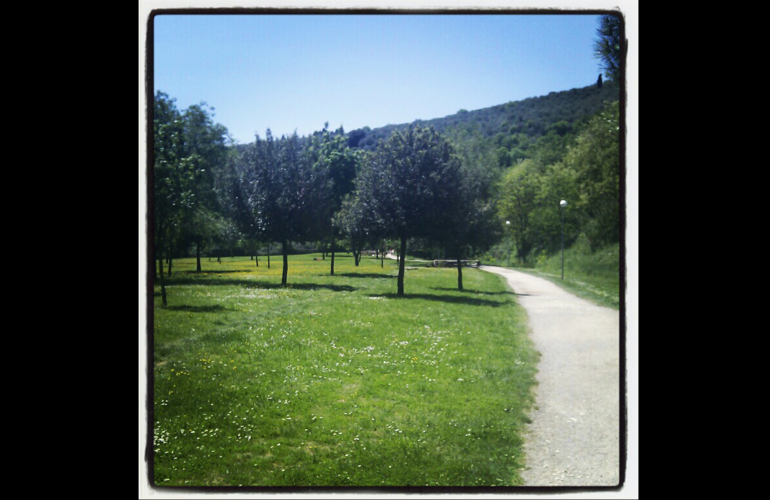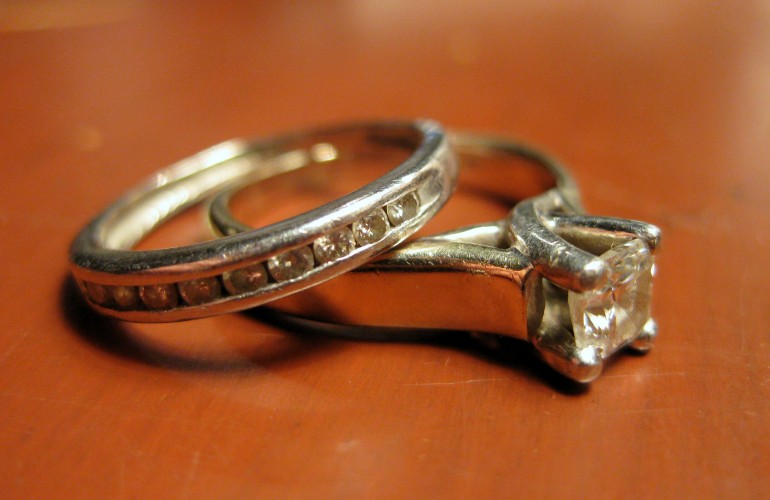Dedicated to sister-friends M and B. I love you both.
~~~
To you, dear one, with the new ring catching light and the Pinterest folder of DIY centerpieces and the momentum of happily-ever-after already spinning you off your feet:
This July, I will have been married for nine years, and my mind is already clicking over, imagining our tenth anniversary with the same bewildered wonderment I always attribute to our future together. Marriage holds its own kind of time warp for me, I guess; our years together have flown by, but I can hardly remember a time when we weren’t each other’s flesh and blood. Even before I met my husband, all the way back to those starving junior high nights, I was fingering the edges of the soul connection that would one day be ours. His and mine, ‘til death do us part.
Only, engagement was the thing that almost did us part. We loved each other, no doubt. Shortly before getting engaged, we had to be in different parts of the country for three weeks, and I discovered just how unwilling I was to live without him. He had my “yes” long before he asked. But then doubt kicked in as if set to activate at the pinnacle of my happiness, and this is why I wanted to write to you today.
Nobody told me how to handle doubts about getting married. Premarital counseling seemed designed to scrutinize us for incompatibilities and then issue us a pass or a fail stamp for our upcoming nuptials, but compatibility wasn’t the problem in our case. My idea of marriage was. I’d always been taught that marriage was a permanent, divinely-sanctioned contract, and in my mind, the divine sanction aspect implied that God had tailor-made one person specifically for me. This idea had been reinforced by everything from church programs to fairy tales, and I didn’t realize until the diamond ring slid onto my finger just how terrified I was of accidentally marrying the wrong man.
It made me dizzy with unknowing. What if I hadn’t been home the day he came looking for my roommate? What if my roommate had been there? What if I had chosen to attend a different university altogether? What if I had gone with my impulse to travel for a few years first? Was the real Mr. Right waiting for me on one of the parallel paths I hadn’t taken? And what if it went back further? What if my father’s first real romance hadn’t ended in tragedy and I’d had a different mother? What if his father hadn’t gone through the same? How many threads of my divine narrative had already been tangled, snapped, or grafted onto divergent storylines? Or… was God really orchestrating every heart-wrenching moment just so I could land safely in the arms of my own personal Prince Charming? I had no idea.
Under the wind-whipped froth of doubts lurked my real fear: If I marry the wrong man, I will be doomed to the wrong storyline for the rest of my life.
I wanted desperately for someone to sit me down with a bullet point list and say “This is how to be sure you’re making the right decision.” Alternately, I would have taken a voice from heaven or a soundtrack every time we kissed or a glimpse of Cupid’s backside flitting away, some kind of unmistakable confirmation of our love. I had no justifiable reason for breaking off our engagement, but I came to the brink several times, my voice shaking as much with the fear of losing him and with the fear of a mistaken marriage. The happiness of planning our life together was offset by the heavy clamor in my mind. What if? What if? What if?
Our wedding day came as a relief in more ways than one. Once I’d pledged my vows and been pronounced wife, my burden of indecision lifted; I was committed now, for better or for worse. That sounds theatrical and bleak, I know, but the sense of finality I experienced was nothing like the heavy cloak of doom I’d expected. It was actually incredibly freeing to stand beside the man I loved and know that I had the universe’s permission to love him and to continue loving him over the course of our lives. I had never been so happy.
However, my doubts didn’t evaporate along with my indecision. Though I was happy, I wasn’t sure if I should be, and every newlywed misunderstanding brought my questions into sharp focus. If he were The One, we wouldn’t be struggling to communicate, right? If he were The One, I wouldn’t dream about old boyfriends or swoon over chick flicks… right? I didn’t feel like I could share my concerns with anyone; I didn’t want to hurt my new husband, disillusion our friends, or invite criticism over my failings as a wife. I didn’t really know what I wanted beyond peace of mind.
Dear one, I’m writing this letter today because I wish someone had written it to me nine years ago. Your story is uniquely yours, and I don’t presume to know what you are going through just because we’ve both been a fiancée. However, I don’t think I was nearly as alone in my doubts as I felt at the time. I don’t think I’m the only woman to have experienced a centrifuge of turmoil beneath her bridal glow or the only one to have woken up beside her new husband wondering if he was the man meant to share her bed, and I want to offer you this assurance:
You are not alone. You are not defective. Your marriage is not doomed.
Here is what I’ve come to believe about marriage since that shaky “I do”:
Prince Charming is a fairy tale. Not to detract from the delicious moment when Cinderella is swept off her feet by her one true love, but Mr. Right is a fictional character born of wishful thinking and our perception of happy relationships. The key word there is fictional. As a girl who inhaled love stories by the dozens, I wanted Mr. Right to be true with all of my heart, but in retrospect, this damaged my own romance more than anything else. Over the years, I’ve started to realize just how unfulfilling it would be if my husband were custom made for me. I want him to have a life purpose outside of our marriage and a personality all his own (even when it clashes with mine… though please don’t tell him I said that). Beyond this, the element of choice is enormously important in keeping love alive and healthy over the long haul. When you remove destiny from the equation, everything hinges on choice; you choose each other, and you continue choosing each other, and nothing in those fairy tales comes close to the romantic depth of being chosen again and again by the person who knows you best.
Conflict is not spelled D-O-O-M. I’ve watched a heartbreaking number of friends go through divorce within their first decade of marriage, but I’ve also seen the alternative—couples who have stuck together through betrayals, affairs, and seemingly irreconcilable differences and forged an intense love for each other that they would never have dreamed of in the beginning. I know you’ve already heard plenty about marriage taking work; before our wedding, it seemed like people were falling over each other to dampen our happiness with warnings of the hard, hard effort to come. Now, though, I see the idea of marriage taking work as brim-full of hope. It means that conflict is something to navigated through, not something to be feared. It takes the power away from circumstance and puts it into our own hands. You can’t live with the same person for years in close quarters without running into relational problems—it simply isn’t possible—but it helps to see those problems as a bridge to cross with your spouse rather than a roadblock to your marriage.
There is no manual for choosing the right partner, but… well, as they say, bullet points are an indecisive girl’s best friend:
- Do you like each other? I’m not talking about fluttery feelings here (I assume you already have plenty of those). What I mean is, are you friends? Do you genuinely enjoy spending time together?
- Do you share a direction in life? Do your own, individual, heart-felt goals get along with each other? Plans will change plenty of times over the course of your lives, but it helps tremendously if you start off facing in the same direction.
- Are the loved ones in your life behind your relationship? I don’t believe that anyone but you should have the final say on whether or not you get married, but the support of your community can make a huge difference… and it helps to have outside confirmation of your relationship when you’re feeling uncertain.
- Okay, this is probably a no-brainer, but I’ll ask it anyway: Are you attracted to each other? Yes, in that way? (Don’t worry, I’ll stop there.)
If you get along well and can talk excitedly about your dreams together and have the support of your friends and can’t wait to jump each other’s bones and have made your decision with careful thought (and prayer?), then you, dear one, can be unequivocally happy. You’ve chosen well, and the inevitable rough patches of marriage will be all the easier to work through because you’ll have not only a lover but a friend by your side.
Now comes the part where I tell you how wonderful marriage is and you roll your eyes because I’ve just spent 1,600 words talking about disillusion and difficulty and telling you that your beloved is not, in fact, Mr. Right… but my point is that he doesn’t have to be. The two of you will experience priceless companionship, passion, and loyalty together. In working through hard times, you will knit forgiveness and redemption into your story. You will be given the honor of choice as long as you are together, and you will feel the soul-swelling gift of being chosen by your spouse even after you’ve seen the worst of each other. Marriage is absolutely worth it.
So my last advice to you, dear one, with the Operation Wedding diet plan and the girlhood mementos sorted into boxes and the whispers of uncertainty coming at you from every side of this great new unknown, is this:
Don’t be afraid.
